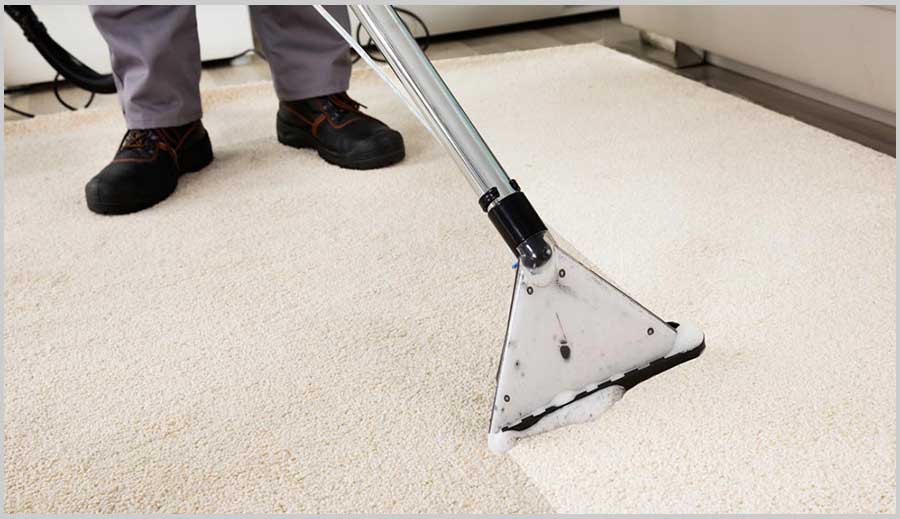Introduction
Keeping your home clean is essential, but when it comes to eliminating allergens and promoting health, professional carpet cleaning can be a game changer.
Dust, dirt, pet dander, and other allergens often settle into carpet fibers, contributing to various health issues.
Here’s how regular Carpet Cleaning Brighton can remove these allergens and enhance your home’s health.
The Importance of Allergen Removal
Carpets tend to trap a wide variety of allergens that can affect indoor air quality. Dust mites, pet hair, pollen, and mold can all get embedded in carpet fibers, and these can aggravate respiratory issues. Regular vacuuming helps but isn’t enough to completely eradicate these allergens.
How Allergens Affect Health
Allergens trapped in your carpet can impact your health, causing symptoms like sneezing, coughing, and skin irritation.
For individuals with asthma or allergies, these symptoms can intensify, leading to frequent discomfort or more serious respiratory problems.
By thoroughly cleaning carpets, you can help minimize exposure to these irritants and improve your family’s health.
Why Professional Carpet Cleaning Works Best
Deep Cleaning Power
Professional carpet cleaning offers a more effective way to remove allergens than DIY methods. Experts use specialized equipment that reaches deep into carpet fibers, dislodging and extracting particles that regular vacuum cleaners can’t reach.
Removal of Dust Mites and Pet Dander
Dust mites and pet dander are two common allergens that can deeply embed into carpet fibers. Steam cleaning or hot water extraction techniques used by professionals effectively kill dust mites and remove dander, helping to create a cleaner indoor environment.
Different Carpet Cleaning Techniques for Allergen Removal
Steam Cleaning
Steam cleaning is one of the most popular carpet cleaning methods. High-temperature steam penetrates deeply, loosening and removing allergens. The hot steam kills bacteria, dust mites, and other microbes, making it highly effective for allergy sufferers.
Hot Water Extraction
Hot water extraction is another powerful cleaning method that involves applying hot water combined with cleaning solutions into the carpet, then extracting it along with loosened dirt and allergens. This technique is ideal for thorough allergen removal and restoring carpet health.
Dry Cleaning
For those with moisture-sensitive carpets, dry cleaning is an excellent option. This method uses minimal moisture with a powder cleaner, which attaches to dirt and allergens and is then vacuumed away. While it may not be as effective as steam or hot water extraction, it still reduces allergen levels significantly.
Benefits of Professional Carpet Cleaning for Health
Improved Indoor Air Quality
Professional Carpet Cleaning New Cross improves indoor air quality by removing particles that settle in carpets and get released into the air when disturbed. Cleaner carpets mean fewer allergens circulating in the air, which leads to easier breathing and reduced symptoms for allergy sufferers.
Reduced Respiratory Issues
For those prone to asthma or other respiratory issues, cleaning carpets professionally can reduce symptoms by eliminating airborne particles that irritate airways. Fewer allergens in the home means lower risk of respiratory distress.
Skin Health Benefits
Allergens trapped in carpets can also lead to skin irritation, especially for people with sensitive skin. Dust mites and other particles can cause redness, itching, and even rashes. A deep carpet clean reduces these irritants, creating a healthier environment for skin.
How Often Should Carpets Be Cleaned for Health Benefits?
Regular Maintenance
For optimal health benefits, carpets in high-traffic areas should be professionally cleaned every 6 to 12 months. Homes with pets, small children, or individuals with allergies may benefit from more frequent cleaning. Regular maintenance helps in preventing allergens from accumulating.
Spot Cleaning in Between
Between professional cleanings, spot cleaning can help keep carpets looking fresh and reduce the buildup of dirt and allergens. Use allergen-reducing carpet cleaning sprays or powders that are safe for home use to manage minor spills and keep dust to a minimum.
DIY Cleaning Tips to Control Allergens
Use a HEPA Vacuum
Vacuuming regularly with a vacuum equipped with a HEPA (High-Efficiency Particulate Air) filter can help capture more allergens. HEPA filters trap smaller particles than standard filters, preventing allergens from recirculating into the air as you clean.
Baking Soda for Odor Control
Sprinkling baking soda on carpets and allowing it to sit before vacuuming can help absorb odors caused by allergens. Baking soda is safe and can be an effective DIY solution between professional cleanings to manage smells and keep carpets fresh.
Consider Allergen-Specific Cleaning Products
Some carpet cleaners are formulated specifically to target allergens. These can be helpful for routine cleaning and managing allergens between professional cleanings, helping to maintain a healthier indoor environment.
The Role of Carpet Material in Allergen Control
Low-Pile Carpets
Low-pile carpets are easier to clean and less likely to trap allergens compared to high-pile carpets. If you’re considering new carpet options, low-pile carpets can help reduce allergen buildup in the long term.
Hypoallergenic Carpet Options
Hypoallergenic carpets are designed to resist allergens, mold, and mildew more effectively than standard carpets. These materials can be an excellent choice for those sensitive to allergens and are easier to maintain with regular cleaning.
Conclusion
Maintaining a clean carpet is essential for reducing allergens and promoting a healthier home environment.
Professional Carpet Cleaning Woolwich offers a comprehensive solution by removing allergens embedded deep in carpet fibers that traditional cleaning methods might miss.
Not only does this improve air quality, but it also contributes to better respiratory health, fewer allergic reactions, and a more comfortable home overall.


